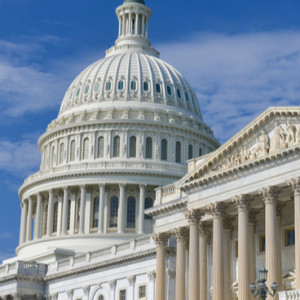
NDAA Defense Bill Rethinks AML Compliance
2 minute read
The U.S. Congress voted to override President Trump's veto of the National Defense Authorization Act (NDAA), which contains an overhaul of the country's anti-money laundering rules. In particular, the law requires the study of illicit finance risks posed by China. It also imposes new beneficial ownership disclosures by targeting anonymous shell companies. Another provision creates monetary rewards for whistleblowers who report BSA violations to the Treasury or Justice Department. The new legislation also targets the antiquities market, which proponents claim is rife with money laundering.
The NDAA gives FinCEN, the agency within the Treasury Department responsible for combatting money laundering, one year to write the rules that will define the policies and procedures required to comply with the law. As the Biden administration's presumptive Treasury Secretary and former Fed chairman, Janet Yellen will undoubtedly have a hand in shaping this process.
The demand for a China study indicates a concern over the lack of transparency of its financial system. The Financial Action Task Force (FATF), an international anti-money-laundering watchdog, has cited China’s shortcomings in its controls on combatting money-laundering and terrorist financing. This might prove to be a sensitive subject for the incoming Biden administration as it sets up its own diplomatic relationships with the Chinese government.
To read more details about this topic, here are a few relevant links:
Defense Bill Orders Study of Illicit Finance Risks Posed by China - WSJ
Defense Bill Override Paves Way for Overhaul of Anti-Money-Laundering Rules - WSJ
Congress Poised to Apply Banking Regulations to Antiquities Market - NYT